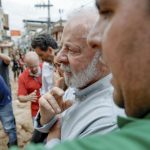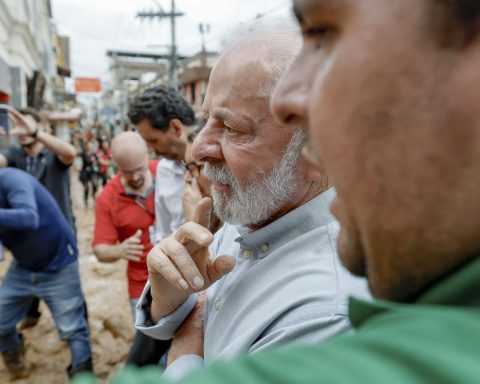The director of Criteria, Cristián Valdivieso, analyzed in The Counter at La Clavethe results of the exit constitutional plebiscite, where the Rejection option prevailed over Approval.
It should be remembered that with 61.86%, Rejection triumphed over Approval, which achieved 38.14%. In this way, it was said no to the proposed Constitution emanating from the Constitutional Convention, so that the debate for a new Fundamental Charter is being articulated between the Government and both official and opposition parties.
In this sense, Valdivieso addressed what is being called the “silent majority”, which was not taken into consideration in the different surveys that were carried out throughout the constitutional process. Criteria included.
“We have to know exactly who they are, everything indicates that in general they are people who historically did not vote and that in general they tend to apparently be from lower socioeconomic segments, that is what the analysis by commune shows,” he said.
On the other hand, “if one analyzes the number of votes that Approval obtained, it had more votes than President Boric obtained, who was the most voted President-elect in history. What changes is the universe,” he added.
Along these lines, he pointed out that now “there are all the hypotheses that ‘oh look, the government went out to risk it entirely in the election and that was a mistake’; in political terms it was a mistake, but in electoral terms there is a doubt there , because it turns out that the government did manage to recapture the same number or more votes with which President Boric was elected.”
“The blindness, or the difficulty that the government had, is that this election ended up being won by those voters who historically did not vote and who went out to vote en masse, but the government managed to capture or win back a broad segment of voters,” he added. .
“The difficulty here is in understanding the rest of those groups that made the difference, and that is where the ‘silent majority’ can be determined, the marginalized groups or those who were forced to vote compulsory,” he concluded.


















